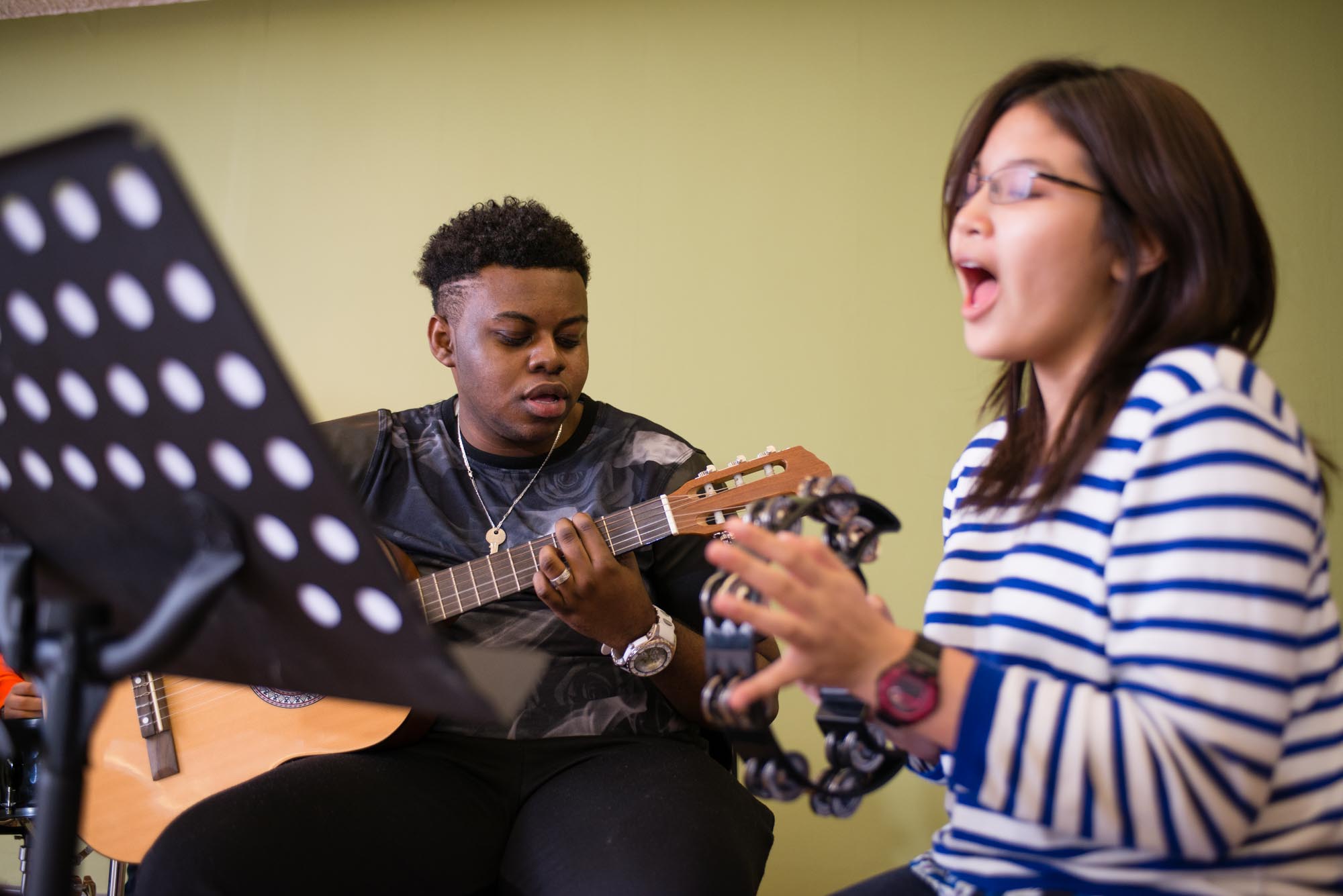Follow your creative instincts
When I first met Sophia, she was intelligent, confident and articulate with good English; the kind of student who can flourish in a western university. But she was not looking forward to going abroad. It turned out that her parents were both lawyers and were insisting that she studied law. She had no interest or aptitude and knew it. She wanted to study fashion design and, based on the portfolio I saw, had real ability. But it was not to be. She went to Australia in 2008 and struggled to get a mediocre law degree.
Thankfully, things have improved since then. London and Partners.com, the website of the Mayor of London welcomes a 150% increase in the number of Chinese students coming to London to study creative arts and design. Some students are now thinking outside the box and looking beyond the traditional subjects, business, accounting and engineering. But many more should.
So, what is on offer if your creative juices are flowing? Broadly courses in UK colleges and universities can be divided into three groups; applied arts, fine arts and performing arts. Courses come at foundation, undergraduate and postgraduate level. Some are taught in the art and design departments of general universities, other in specialist institutions. The University of the Arts, London and the Cambridge School of the Visual and Performing Arts (CSVPA) both offer specialist courses with all the advantages of studying in famous cities.
For all types of courses, you will require a UK visa and a minimum standard of English, typically IELTS 5.5 for foundation, 6 for undergraduate and 7 for postgraduate courses. Some schools offer pre-sessional English courses to help you reach these levels.
English counts but entry is mainly based on aptitude and enthusiasm. All fine arts and many applied arts courses require candidates to submit a portfolio to demonstrate these qualities. Your portfolio is your selection of your best work. It is essential to start preparing it early. Many British students spend up to two years preparing. There is no formula to follow for the perfect portfolio. Admissions departments are looking for originality and the skills to develop and execute ideas in a variety of mediums. The presentation of your portfolio is important and many schools will discuss it with you at interview. Nearly all Chinese students need help to prepare an impressive portfolio. Some schools recognise this. CSVPA, for example, has representatives in major Chinese cities to guide you through the process of assembling your portfolio and applying for a place.
Applied arts is career orientated and focuses on design. There are specialist courses in fashion design, graphic design, website design and automotive design among others. A more general approach is ergonomics; the study of the designed interaction between machines or buildings and their users. As China moves up the economic value added table Chinese companies will have to improve their design to compete in premium markets. Global luxury brands are also looking for designers who understand Chinese tastes and pay well for talent. Just imagine the kudos if you can tell your friends, you not only own a Louis Vuitton handbag but you designed it!
Fine arts mean mainly painting and sculpture and performing arts includes music, dance, movies and theatre. Careers in these fields are less certain but prospects are growing as the Chinese government wants to expand the homegrown movie industry. Any career in the performing arts require dedication, self-belief and genuine talent. But if you are the best British schools such The Royal Academy of Music or the Royal Academy of Dramatic Arts (RADA, both in London will give you the chance to prove it.
Far too often, I have come across teenagers who have shown interest and ability in art or music as a hobby but have been forced to give it up because of the rigours of the Chinese exam system. To counter this some parents of artistically gifted children now prefer to send them abroad younger to western high schools where their talents will be encouraged not suppressed. Some British public schools such as the world-renowned Wells Cathedral School cater specifically for artistic children.
Arts courses are not for everybody. Be realistic about your own or your child’s abilities. But if you decide to apply do your own research online. You should find the vocabulary in this article useful as search terms. There are no standard courses and it takes a bit of homework to find the right fit for you or your child. You will then have to prepare carefully over a considerable period of time. But if balance sheets are meaningless to you, the thought of climbing the corporate ladder fills you with dread, or you feel that science is great for Stephen Hawking, but not for you, then finding an arts course might just be worth the effort.




 School Search
School Search
